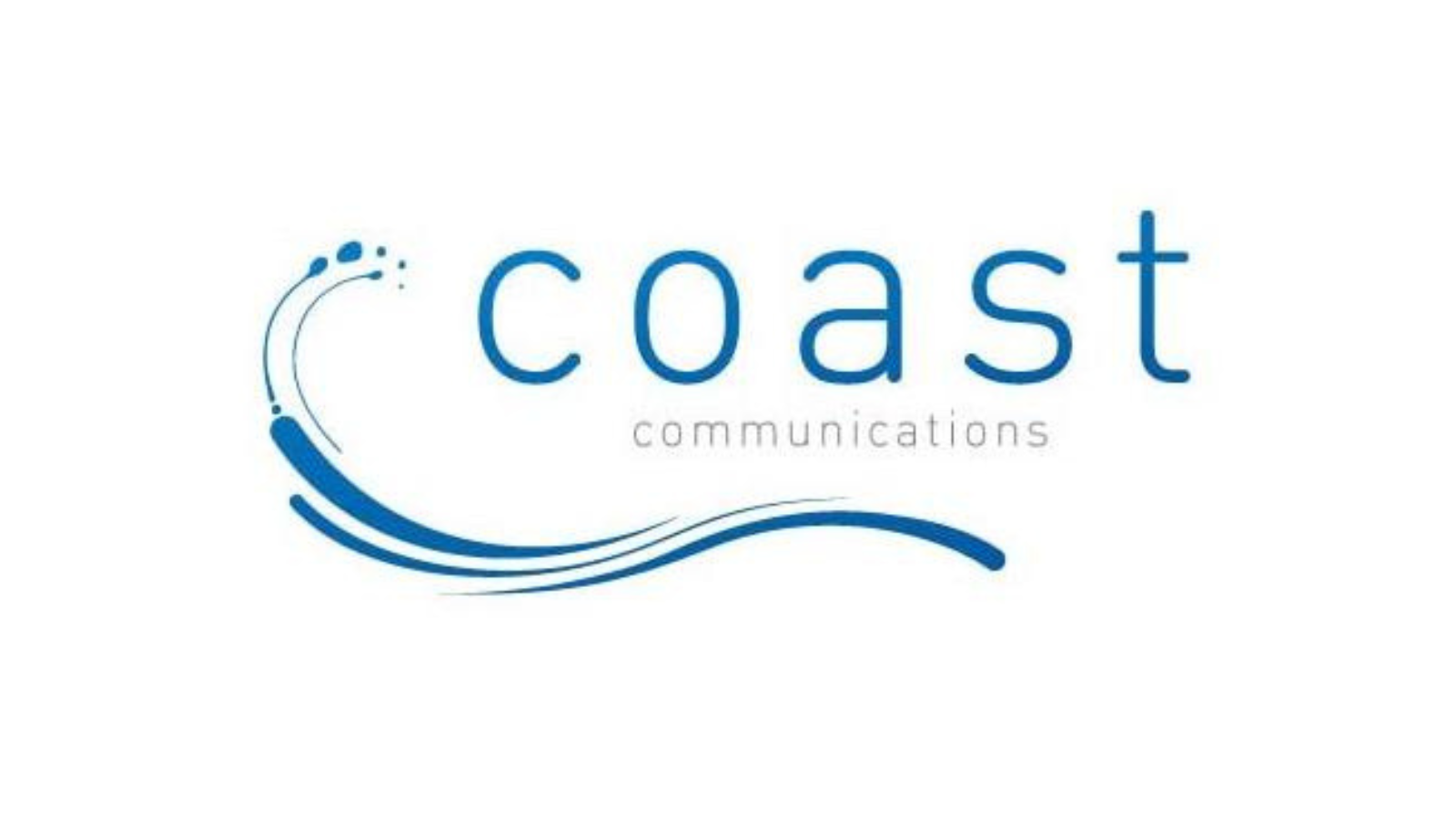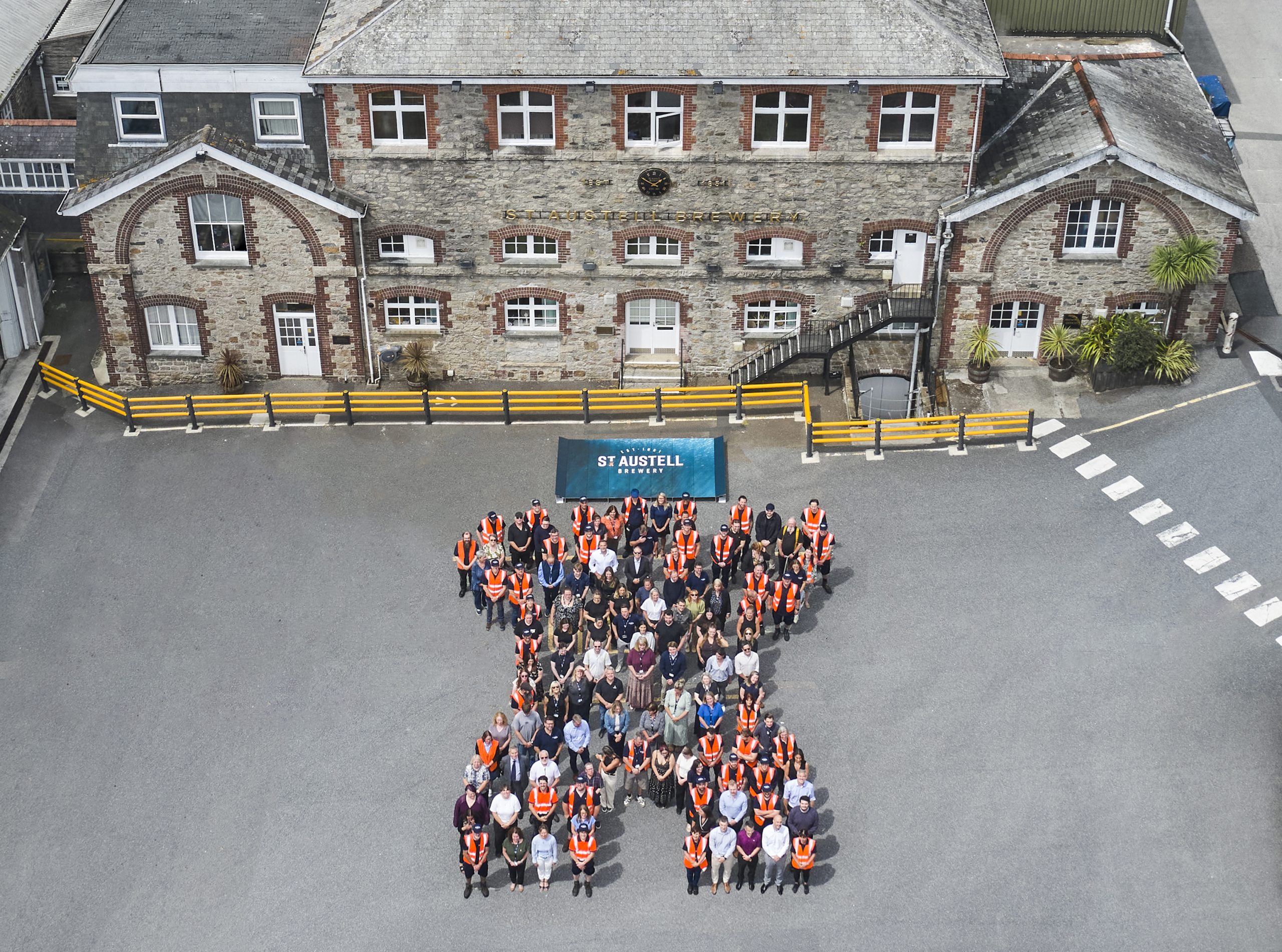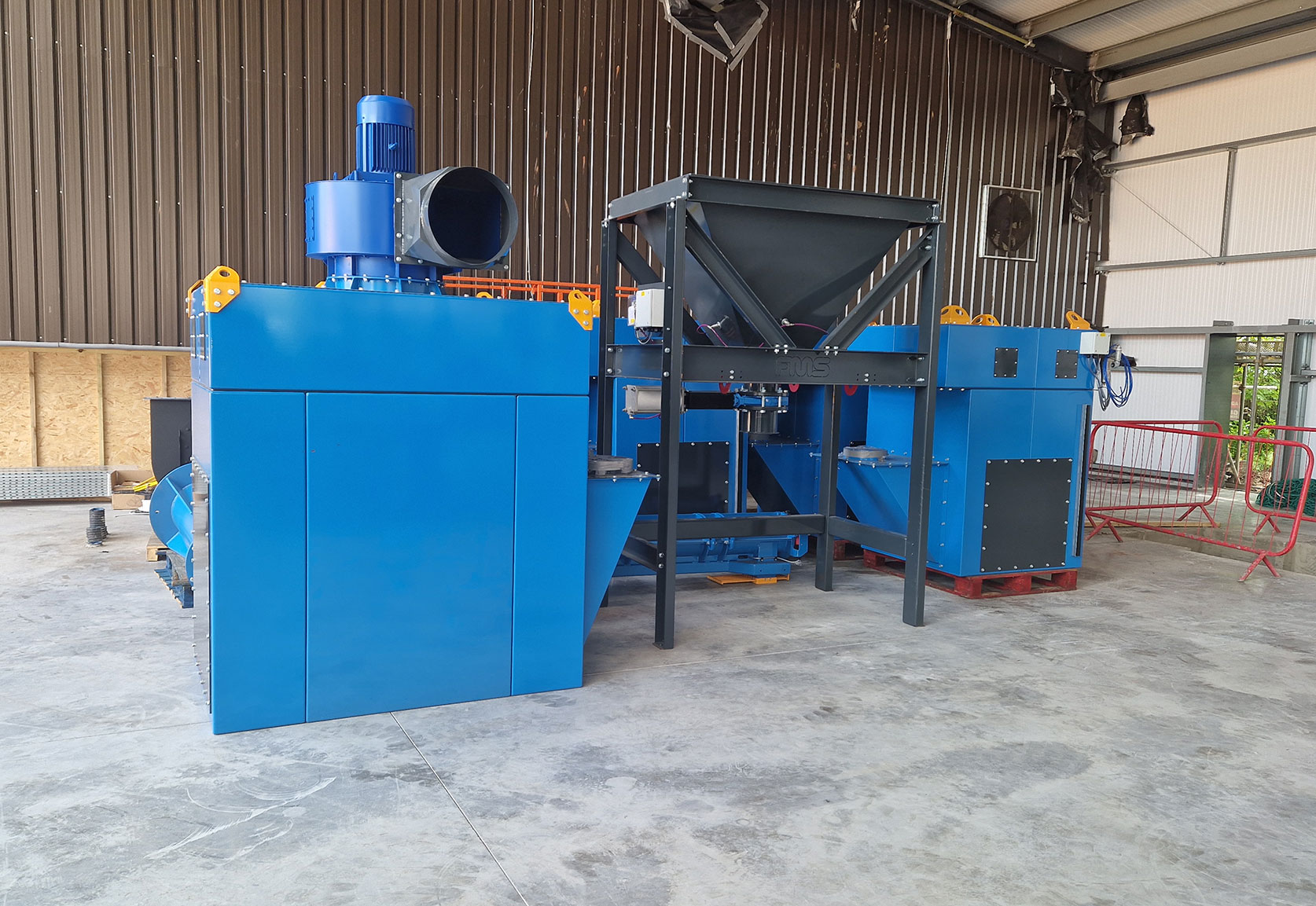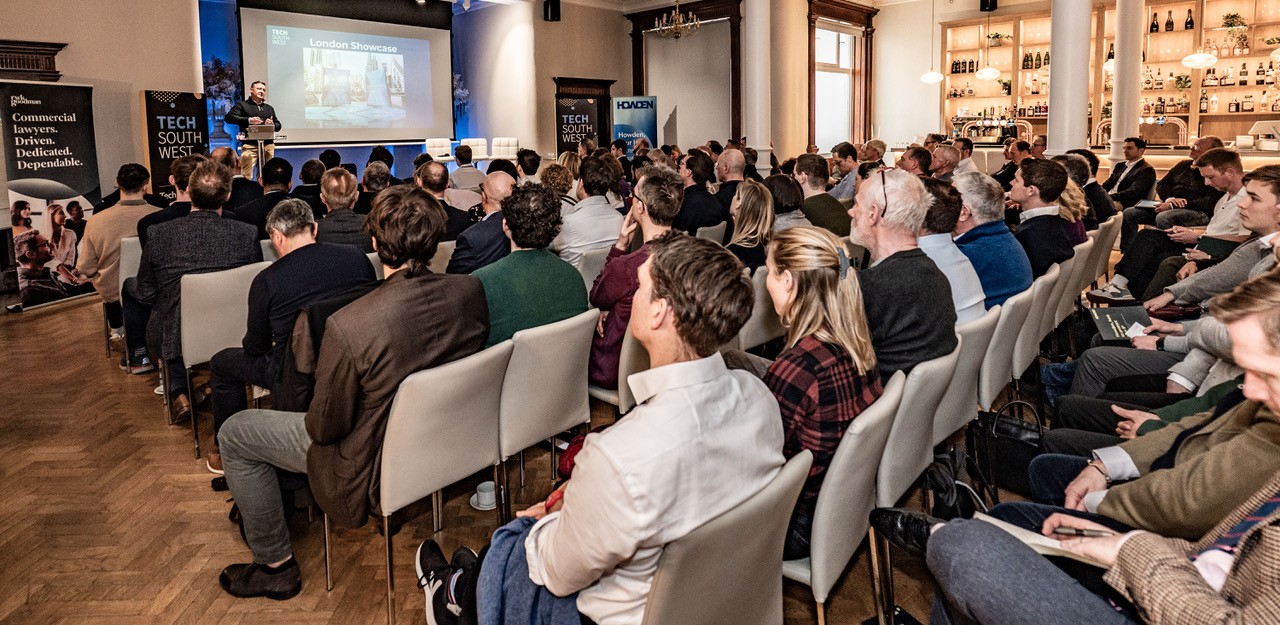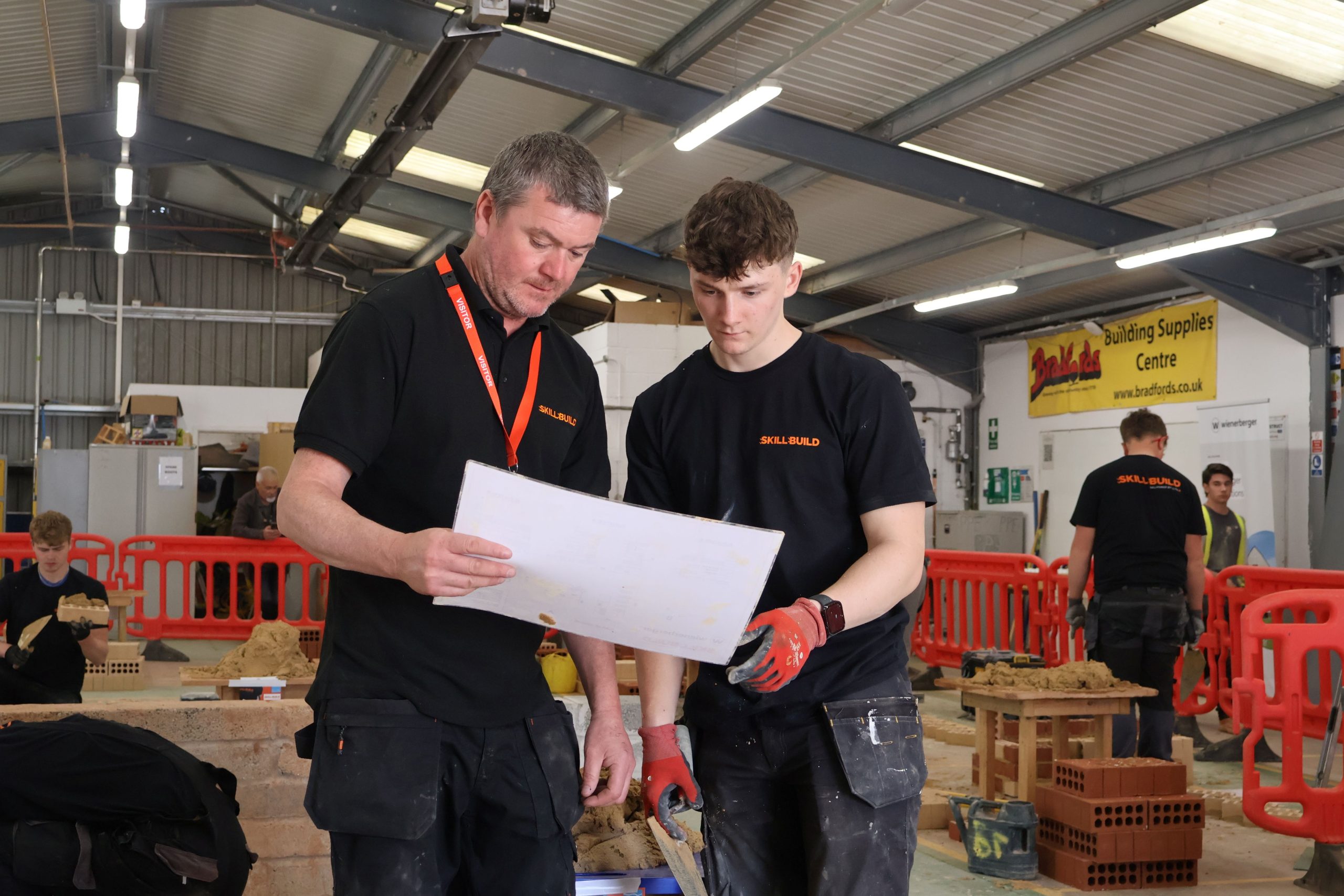December MONTHLY BRIEFING – Coast Communications
By Liz Waugh, Managing Director Strategic Communications
“This latest set of design changes reflects our ongoing commitment to minimise disruption during the construction and operational phases. Feedback from communities plays a vital role in the design process and we encourage people to have their say before the consultation closes.”
So said the head of consultation and engagement for HS2 in July of this year – a mere three months before the Government decided to scrap the Manchester leg of HS2 on the grounds of viability. There’s nothing like consulting with the public – and then the irony when the Prime Minister doesn’t even consult you.
In fact, even as the PM was announcing the decision to ditch the project, Network Rail bosses were scrabbling to catch up, having not been consulted at all. They were in good company though, as it also came as news to a number of cabinet ministers too.
So was the fuss about consulting fair? Many developers, local authorities, and as we’ve seen, the Government, apparently, place great store by it. But what does it mean in practice and can we improve how we do it?
The answer is a resounding yes. From a professional perspective, we’ve seen it all – consulting residents in an identically named village some 100 miles from the site, digital only consultations with an aged population, blame placed on a community for its ‘failure’ to comprehend significant redevelopment plans. The list is endless and it doesn’t necessarily come down to sharp practice. Often it’s just making too many assumptions, a need to work to tight budgets, within a limited timeframe – or of course, the political gatecrash, where a project becomes the subject of political gameplaying due to other politicking tactics.
Social media has given a platform to everyone – and whilst that can be a good thing, it can also mobilise vast numbers of objections overnight. Within 48 hours, 460,000 people had objected to the Welsh Government’s recent policy for a blanket speedlimit of 20mph in villages and towns, the biggest objection in the Senedd’s history. Magistrates resigned, ministers had votes of no confidence, yet the policy had been on the books for over 5 years before becoming law. The issue was that the public had forgotten the manifesto (who could blame them?) But the result? They didn’t feel consulted.
The costs of failed engagement and consultation can be astronomic. It’s not just the financial costs – having to redesign, community funds, but the other stuff – the delay to plans. The corporate reputation and brand damage. The environmental, recruitment and retention issues. Community perceptions matter and they can’t just be assumed.
In terms of what can be done to make things better – there’s plenty of ideas out there and a lot of good people doing good things. But until developers, engineers and planners factor in that not everyone’s going to welcome critical infrastructure on their doorstep with open arms, then early engagement is vital. The community is often very much an after thought – and whilst engagement is time consuming and often resource heavy, it’s far better value to do it well than risk the project being derailed due to a fervent community group.
Our need to push information out often overtakes the need to listen or pull information in, so meaningful two way dialogue is another must. And sadly, with the average literacy age being 11, then providing information in an easily comprehended, concise and appealing way is also surprisingly overlooked. Pictures help people visualise, and put things in context in a way that no amount of explainers can do. VR is a great tool in this respect but again, projects can baulk at the investment required.
In summary, there’s not just a financial imperative to consult effectively, but a moral and ethical one too. If we want to do infrastructure better, we have to get people on side – and that starts before the project even begins. What does the affected community need and how will this project serve them? If there’s no clear answer, then the project needs to consider how it’s going to benefit or compensate. And not just a token bit of funding either. After all, how would you feel if HS3 * was coming through your garden, business or view?
*not coming any time soon.
www.coastmarcoms.co.uk/contact-us/

